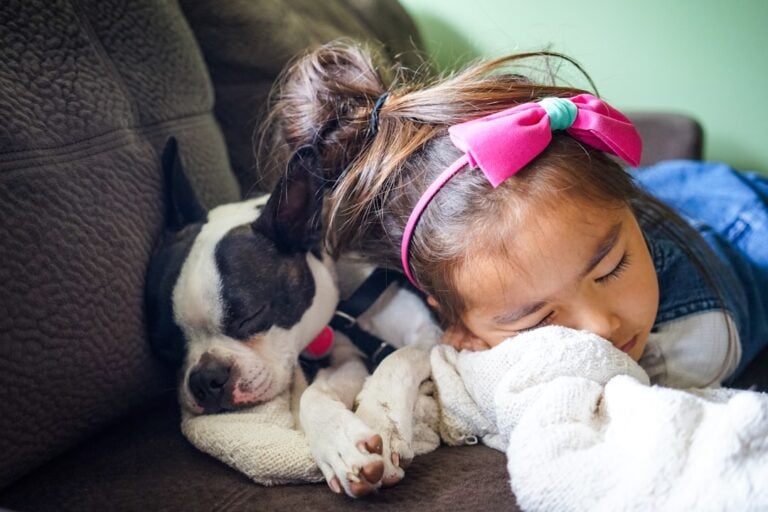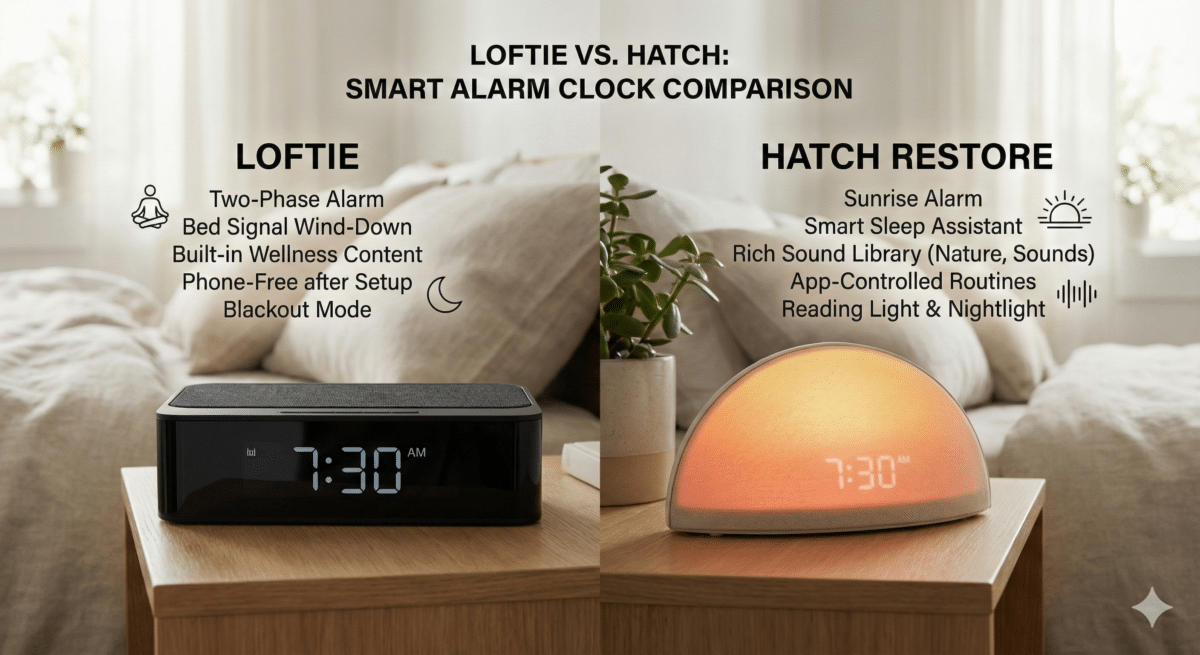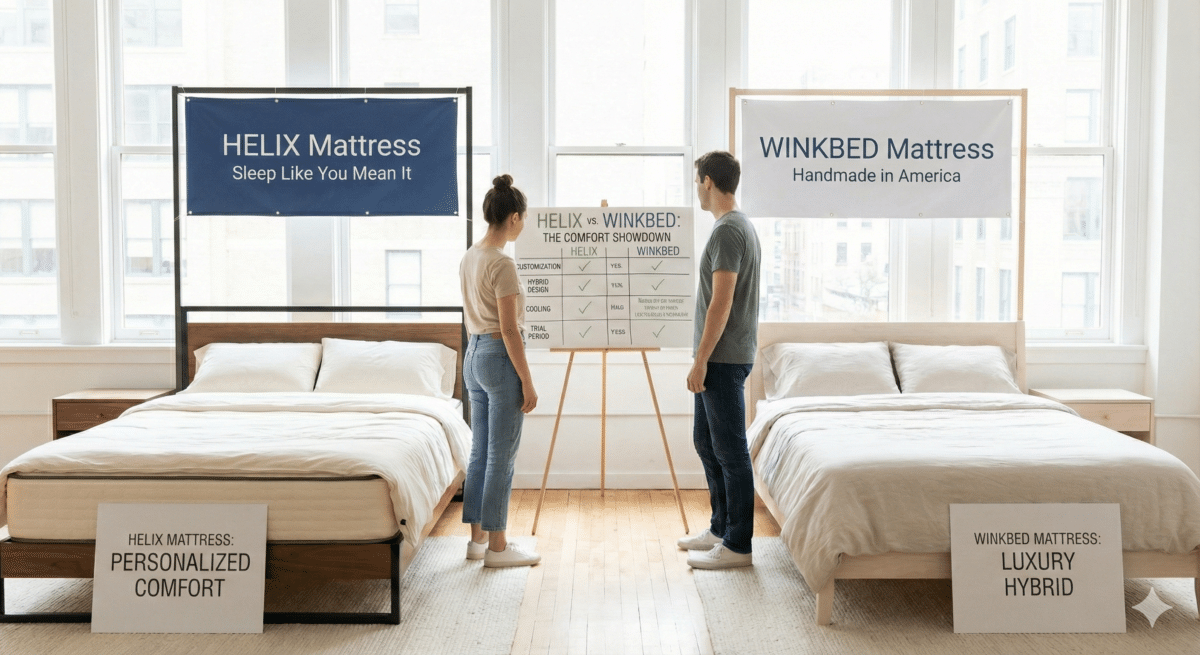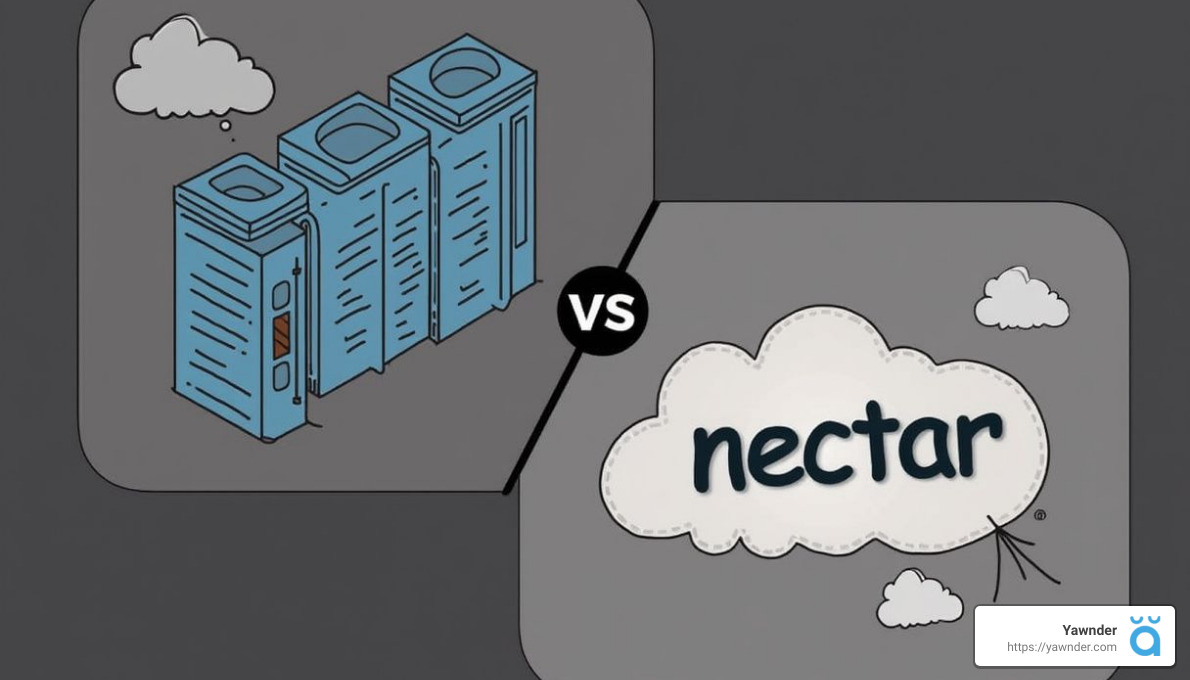The Definitive Guide to Sleep Problems and Autism
Why Sleep Problems and Autism Matter
Sleep problems and autism are deeply intertwined, with over half of children on the autism spectrum facing chronic sleep issues. These difficulties not only disrupt learning and intensify behavioral challenges but also significantly diminish the quality of life for both the individuals and their families.
Common Issues Related to Sleep Problems in Autism
Children with autism often encounter a range of sleep disturbances, including:
– Difficulty Falling Asleep: Anxiety or sensory sensitivities can cause prolonged periods before falling asleep.
– Frequent Night Awakenings: Many autistic individuals experience repeated awakenings that disrupt their sleep cycle.
– Poor Sleep Quality: Subpar sleep can lead to daytime sleepiness, affecting daily functioning.
– Restless Sleep: Fragmented sleep may prevent individuals from waking up feeling refreshed.
– Early Morning Awakenings: Waking before dawn can shorten total sleep time, leading to a cumulative sleep deficit.
Causes of Sleep Problems in Autism
A deeper understanding of sleep problems related to autism allows for targeted interventions. Key factors include:
– Genetic Factors: Research indicates genetic mutations may influence sleep issues in autistic individuals, particularly those affecting the sleep-wake cycle.
– Melatonin Levels: Many autistic individuals have irregular melatonin production, a hormone essential for regulating sleep, making it challenging to achieve restful sleep.
– Sensory Sensitivities: Heightened sensitivities to light, sound, and touch can hinder the establishment of a comfortable sleeping environment.
– Anxiety and Depression: Elevated anxiety levels can interfere with relaxation, while depression may exacerbate sleep challenges.
– Gastrointestinal Issues: Common discomforts such as constipation or reflux can disrupt the sleep patterns of autistic individuals.
– ADHD Co-occurrence: Attention Deficit Hyperactivity Disorder frequently overlaps with autism, contributing to further sleep difficulties.
The Impact of Sleep Problems on Autism
Behavioral and Cognitive Effects
The consequences of poor sleep can significantly affect both autistic individuals and their families:
– Behavioral Challenges: Insufficient sleep can lead to increased hyperactivity, irritability, and aggression. For example, a child who frequently awakens during the night may have more tantrums the following day.
– Learning Difficulties: Quality sleep is pivotal for cognitive functions such as problem-solving and memory consolidation. Children with disrupted sleep may struggle academically due to decreased attention and retention capabilities.
– Social Skills: Lack of adequate sleep can impede the ability to interpret social cues and manage anxiety, leading to increased isolation.
– Cognitive Performance: Insufficient sleep may compromise executive functions such as impulse control and planning, making it harder for autistic individuals to navigate their daily lives.
Family and Caregiver Impact
The effects of sleep problems ripple through the family unit:
– Parental Sleep Disruption: Parents often find their sleep disrupted as they attend to their child’s nighttime awakenings, leading to exhaustion and fatigue.
– Family Stress: Ongoing sleep issues can increase stress within the household, affecting relationships and overall family dynamics.
– Caregiver Fatigue: Primary caregivers may experience fatigue, hindering their ability to provide consistent care and maintain their own health.
– Household Disruption: Sleep disturbances in one family member can adversely affect siblings, resulting in lower functioning in school and everyday activities.
Assessing Sleep Problems in Autistic Individuals
Identifying sleep problems requires both subjective and objective approaches. Common diagnostic tools include:
– Polysomnography (PSG): This comprehensive method involves monitoring brain waves, breathing patterns, and eye movements. While lab-based, adapted home versions can accommodate autistic individuals.
– Actigraphy: A less intrusive option, this method utilizes a wristwatch-like device to track sleep patterns over several nights.
– Sleep Diaries: Families can maintain records of sleep habits, noting circumstances that disrupt sleep, though this hinges on accurate memory.
– Family Interviews: Insights from family members offer context that may be missed by other evaluation methods, highlighting underlying issues like anxiety or sensory sensitivities.
– Professional Assessments: Engaging with sleep specialists, pediatricians, and ENT doctors can provide a comprehensive evaluation and tailored intervention strategies.
Strategies to Improve Sleep in Autistic Individuals
Establishing Good Sleep Hygiene
Effective sleep hygiene practices can greatly enhance sleep quality. Key components include:
– Consistent Routines: Regular wake-up and bedtime schedules regulate the body’s internal clock.
– Sleep Environment: Optimal conditions—cool, dark, and quiet—are vital. Consider blackout curtains and white noise machines to mitigate disturbances.
– Exercise: Encourage physical activity during the day, as regular exercise is linked to improved sleep quality.
– Caffeine Avoidance: Steer clear of stimulants like caffeine in the hours leading to bedtime.
– Naps: Limit naps to 20-30 minutes and avoid late-afternoon sleeping to promote better nighttime rest.
Behavioral Interventions
Certain behavioral strategies can further assist with sleep issues:
– Relaxation Techniques: Activities such as reading or soft music can aid in winding down before bed.
– Bedtime Routines: Establish a calming pre-sleep routine to signal that it’s time to relax.
– Reducing Screen Time: Limit screen exposure at least an hour before sleep to allow the body to prepare for rest.
– Sensory Adjustments: Tailor the sleep environment to meet sensory preferences, such as comfortable bedding and optimal room temperature.
Medical and Supplementary Treatments
When behavioral approaches fall short, medical interventions may be warranted:
– Melatonin Supplements: These can aid in regulating sleep-wake cycles; however, consultation with a pediatrician is essential before beginning.
– CPAP Machines: Recommended for sleep apnea, these devices help keep airways open during rest.
– Insomnia Medications: In cases of severe sleep deprivation, prescription medicines may be used under medical supervision.
– Bright-Light Therapy: Morning exposure to bright light can enhance melatonin regulation, improving sleep patterns.
Frequently Asked Questions about Sleep Problems and Autism
1. Why do autistic children have trouble sleeping?
Factors such as genetic differences, irregular melatonin levels, sensory sensitivities, and anxiety contribute to sleep difficulties in autistic children.
2. How can I help my autistic child sleep better?
Implementing good sleep hygiene, establishing a bedtime routine, and making necessary environmental adjustments can greatly enhance sleep quality.
3. What are the consequences of poor sleep in autistic individuals?
Poor sleep can lead to behavioral challenges, academic struggles, and family stress, affecting the overall well-being of both individuals and their families.
Conclusion
Understanding and addressing sleep problems in autism is essential for improving the quality of life for individuals and their families. By embracing effective strategies and tools, families can significantly enhance sleep quality and overall well-being.
At Yawnder, we are committed to providing resources and expert advice to empower families in navigating these challenges. Visit our Sleep Study page for personalized insights and support, and let’s work together toward achieving restful nights and improved quality of life for your autistic child.


















